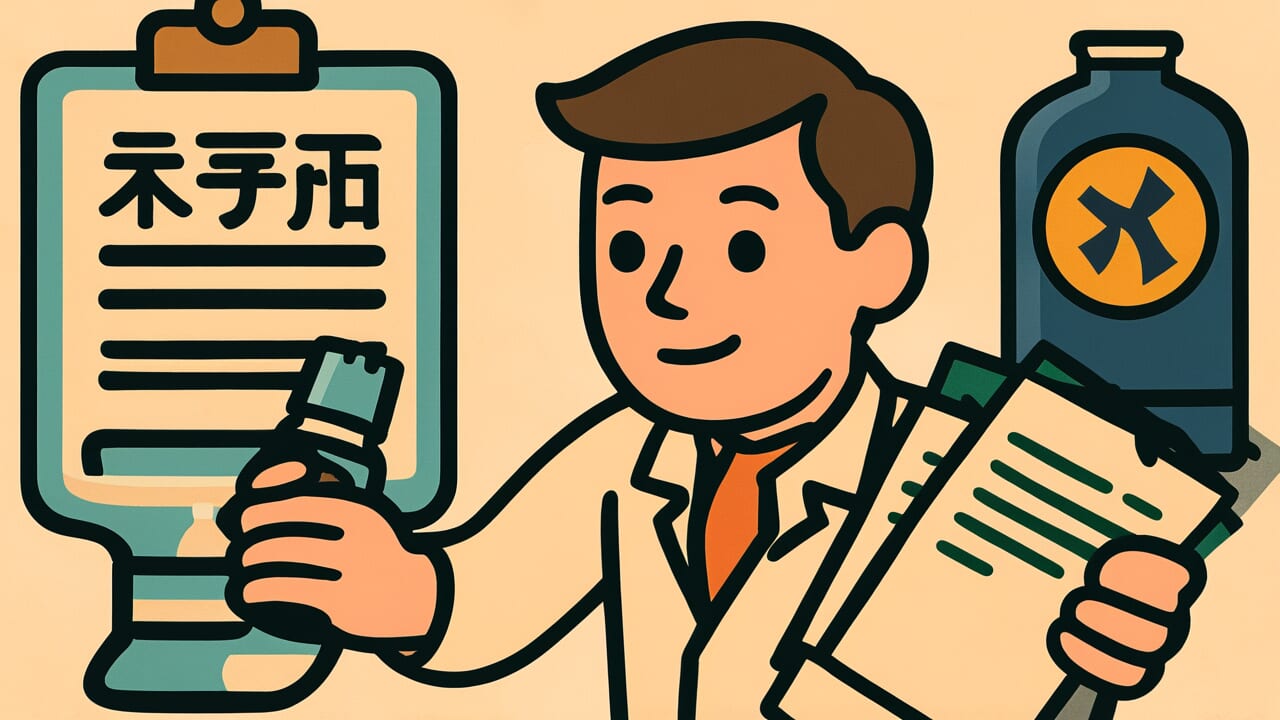How to Read “Debt is medicine for one’s fortune”
Shakkin wa shinshou no kusuri
Meaning of “Debt is medicine for one’s fortune”
“Debt is medicine for one’s fortune” means that debt can destroy your life. At first glance, the word “medicine” sounds positive.
But this is actually an ironic expression. The proverb warns us about how dangerous debt really is.
This saying cautions against borrowing money carelessly. Debt might start small, but interest grows over time.
As you struggle to repay, you can lose your property, family, and even your reputation. “Fortune” refers to your wealth and family business.
The proverb shows that debt can destroy all of these things.
Even today, opportunities to borrow are everywhere. Credit cards and loans are easy to get.
This proverb teaches us not to be fooled by short-term convenience. We must recognize the long-term risks that debt brings.
People often share this wisdom with younger generations. It helps teach good money habits.
Origin and Etymology
No clear historical records explain the origin of this proverb. However, we can learn much from how the phrase is constructed.
First, let’s look at the word “shinshou” (fortune). Today, we often use a similar word to mean “personal circumstances.”
But in ancient times, it specifically meant “property” or “family assets.” During the Edo period, merchant families called their inherited wealth and business “shinshou.”
Protecting this fortune was their highest priority.
The word “medicine” also carries deep meaning. Medicine normally heals illness.
But here, it’s used ironically. The proverb suggests something like “what you thought was medicine turned out to be poison.”
This is a warning, not a recommendation.
The Edo period saw great commercial development. Credit transactions and lending became common.
At the same time, many people ruined themselves through debt. Against this social backdrop, this proverb likely emerged.
By comparing debt to something seemingly good like medicine, the saying actually emphasizes its danger. This reflects the wisdom of our ancestors.
Usage Examples
- He grew up hearing his father say “Debt is medicine for one’s fortune,” so he’s very careful about taking out loans
- They say “Debt is medicine for one’s fortune,” so I’ll avoid using card loans carelessly
Universal Wisdom
The proverb “Debt is medicine for one’s fortune” contains deep insight. It’s about balancing human desire with reality.
Everyone has things they want right now. The pain of waiting and the difficulty of patience are timeless human traits.
They don’t change across generations.
Debt seems like magic. It lets you skip the waiting time and get what you want immediately.
But our ancestors knew this magic always comes with a price. What you borrow must be repaid.
And with interest, you must return more than you borrowed. People forget this simple truth when blinded by desire.
The proverb uses “medicine” instead of “poison” for a reason. This shows deep understanding of human psychology.
People who borrow money believe it will help them. Just like taking medicine, they think debt is good for them.
That’s why the proverb ironically calls it “medicine.” It sharply points out the danger of this illusion.
Humans are weak against immediate benefits. We tend to underestimate future risks.
This proverb recognizes this universal weakness. It continues to sound the alarm.
When AI Hears This
Radiation hormesis research shows something interesting. Low-dose radiation below 100 millisieverts per year may actually activate cellular repair functions.
Organisms exposed to tiny amounts of toxins sometimes live longer than those in toxin-free environments. This happens because cells enter “crisis mode.”
Dormant defense systems wake up.
Debt has the same structure. Repayment deadlines create time pressure.
This causes the brain to release moderate amounts of cortisol, a stress hormone. High concentrations are harmful, but appropriate amounts improve focus and problem-solving ability.
When debt is zero, the human brain operates in energy-saving mode. But monthly payments act as a “toxin” that activates full cognitive function.
Budget calculations, priority judgments, and searches for new income sources all kick into high gear.
Interestingly, this effect has a threshold. Just as radiation destroys cells beyond a certain level, debt reduces judgment when it exceeds 30 percent of repayment capacity.
Stress takes over. So “medicine for one’s fortune” only works within the range an organism can handle.
The biological principle that moderate stress promotes growth applies directly to economic behavior.
Lessons for Today
This proverb teaches modern people about “the power to wait.”
Modern society overflows with systems that satisfy desires instantly. You can shop with one click.
Buy-now-pay-later and loans let you get things immediately. But that’s exactly why we need time to pause and think.
Do you really need it right now? Can you wait a bit and save money first?
These questions aren’t just about saving money. They’re training for controlling your desires and making decisions with the future in mind.
Of course, not all debt is bad. Home loans and education loans can be investments in your future.
What matters is making a solid repayment plan before borrowing. You must calmly assess your repayment ability.
Your life belongs to you. Don’t let temporary desires cost you long-term freedom.
The strength to wait and the wisdom to endure are the true path to abundance. This proverb still speaks this life wisdom to us today.



Comments